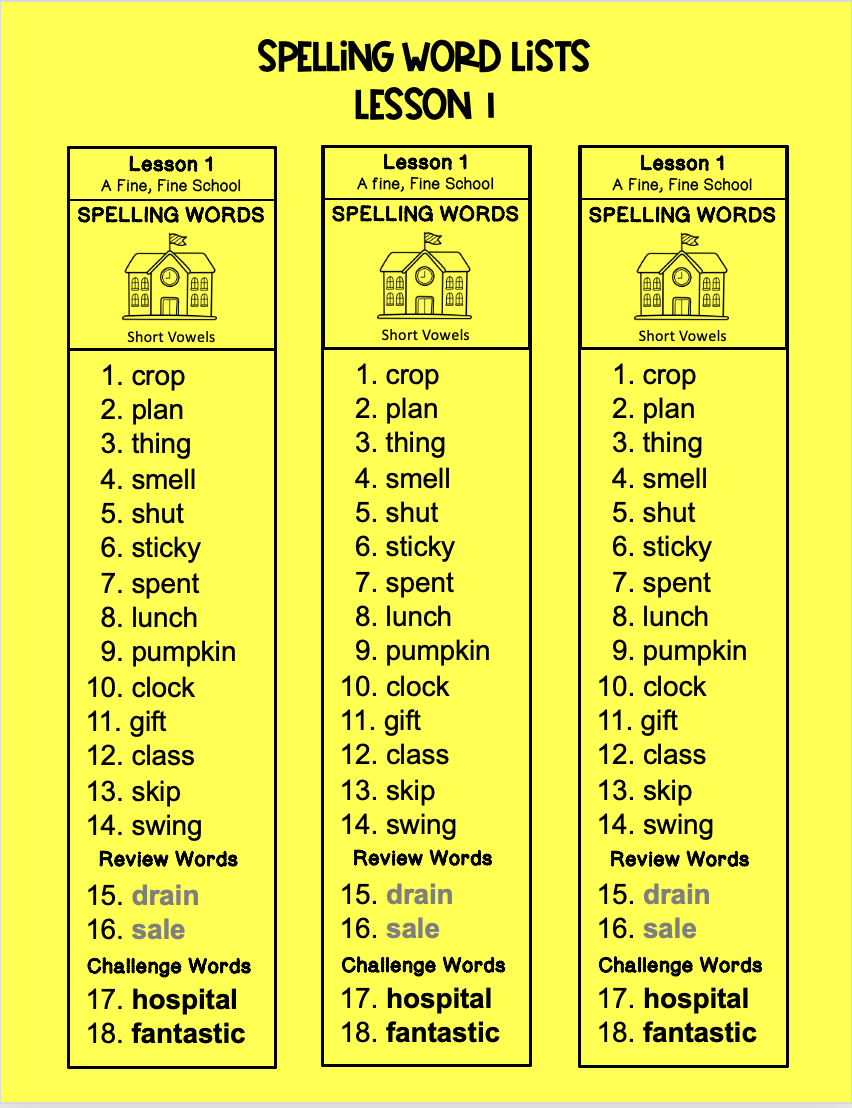Building a strong vocabulary is essential for students in grade 3 to enhance their reading, writing, and communication skills. Learning new words and their meanings can open up a world of possibilities for young learners. In this article, we will explore a list of vocabulary words that are suitable for grade 3 students.
1. Contribute: To give something, such as time, money, or effort, to help a cause or achieve a goal.
2. Curious: Eager to know or learn something.
3. Generous: Showing a readiness to give more of something, such as money or time, than is strictly necessary or expected.
4. Responsible: Having an obligation to do something, or having control over or care for someone, as part of one’s job or role.
5. Empathy: The ability to understand and share the feelings of another.
Grade 3 students can benefit greatly from incorporating these vocabulary words into their daily conversations and written assignments. By using these words in context, students can improve their language skills and express themselves more effectively.
Encouraging students to expand their vocabulary also helps them become more confident in their communication abilities. When students have a wide range of words at their disposal, they can articulate their thoughts and ideas more clearly and persuasively.
Teachers and parents play a crucial role in helping grade 3 students learn and understand new vocabulary words. By incorporating fun and interactive activities into the learning process, educators can make vocabulary building an engaging and enjoyable experience for young learners.
As students progress through grade 3 and beyond, they will continue to expand their vocabulary and develop a deeper understanding of the English language. By mastering a diverse range of vocabulary words, students will be better equipped to succeed in their academic endeavors and beyond.
In conclusion, the vocabulary word list for grade 3 provides students with a solid foundation for language development and communication skills. By introducing students to new words and encouraging them to use these words in their daily lives, educators can help students become more articulate and confident individuals.
